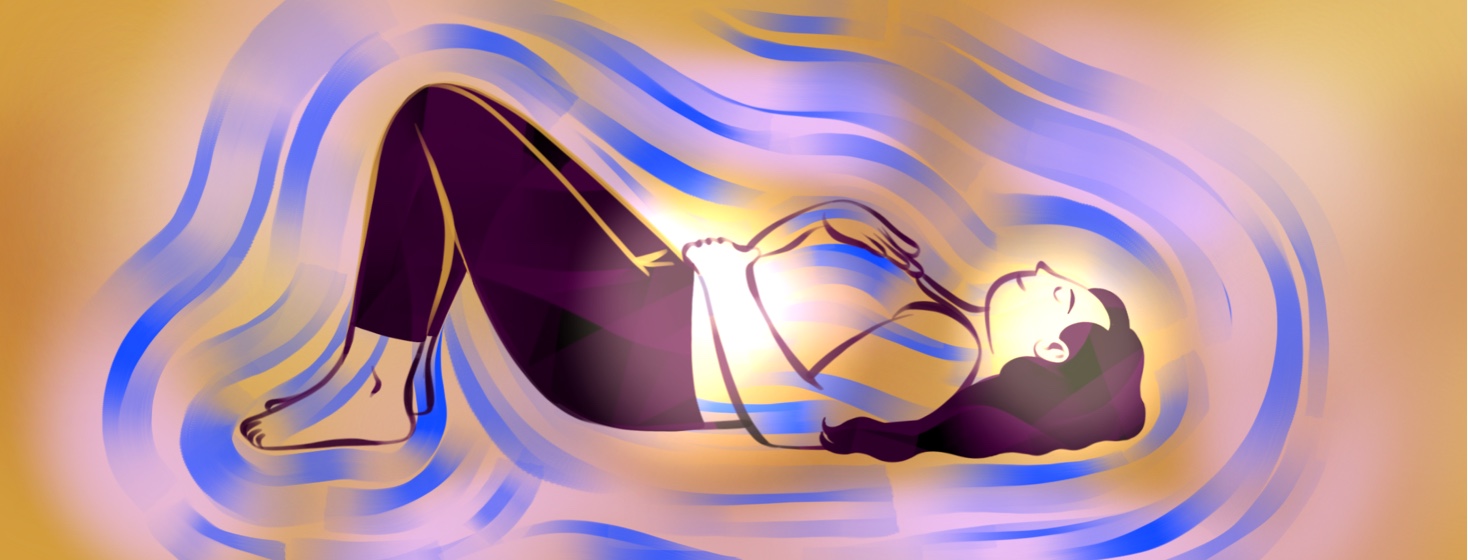The Mind-Body Experience: Owning Your Feelings
A special thanks to a community member NNR who suggested we write about this topic.
Years ago, when in Gestalt Therapy training, our class attended supervised weekend retreats in a house on the Jersey Shore. These events provided a bonding experience with other like-minded therapists. The intent was to understand how the Gestalt theoretical approach would support our many patients looking for answers to heal their emotional pain. In essence, Gestalt training encourages the integration of both thinking and feeling as we proceed through life.
Education to enhance healing
During the post-graduate Gestalt training, I learned to respect a person's instincts from both the emotional and physical sides. For example, I learned from therapists engaged in bodywork that we store memories within our cells, tissues, and organs. In addition, it became clear that getting in touch with the location of one's pain can aid in resolving it.
Turning to the science
With a scientific bent, I needed to confirm what I learned with research. So I turned to the work of Dr. Candace Pert. An internationally recognized neuroscientist and pharmacologist, Dr. Pert published over 250 research articles and significantly contributed to the emergence of "mind-body" medicine in the 1980s.
Through her work, we can conclude there is a connection through an intricate neurological system between our body and our emotions. Although difficult for the world to accept at the time, Dr. Pert indicated,
"Neuropeptides and their receptors thus join the brain, glands, and immune system in a network of communication between brain and body, probably representing the biochemical substrate of emotion."
Her book Molecules of Emotion provides several insights and ask the reader to consider:
- Why do we feel the way we feel?
- How do our thoughts and emotions impact our health?
- Are our bodies and minds distinct from each other, or do they function together as parts of an interconnected system?
In the case of nervousness or apprehension, ask yourself to get in touch with the body location where you feel anxiety. Often people will describe a flutter of butterflies in their chest or abdomen. Fear tends to emerge in the lower stomach and GI tract. Or you may notice you suddenly have sweaty palms and an accelerated pulse. It is not uncommon for a person to report a need to take flight, that is, to move around the room or change the subject as it is too uncomfortable.
The relevance to cancer treatment
Most of us would take measures to eliminate any possible source of pain in our lives. However, those receiving chemotherapies recognize a potential for accumulating pain after an infusion of cancer-fighting agents. For example, when white blood counts are low, the body has difficulty fighting off infection. To combat this, you may require an injection of a medication known to stimulate marrow production. Frequently the medication introduces bone pain, muscle aches, and fatigue. The anticipation of this pain may be enough to create anxiety and fear in anticipation of this treatment.
In truth, while anxiety has been given a bad reputation, it may be present to warn a person of pending doom. Anxiety may serve as a safety signal within your body. It lets our body know that something may be happening or is about to happen. The result could be that we take our body and emotional response seriously and use this information to prepare.
All this is fresh on my mind as I just received another infusion of chemotherapy followed by an injection of Granix, a bone marrow-stimulating drug. In order to combat my fear and cope with the awareness of pain, I frequently reframe my experience. This morning when asked if I was in pain, I acknowledged I was and added, that the injection is working and my white cell count should soon be where it needs to be to keep me safe.
Remember knowledge is power. The better you understand your disease and the treatment of cancer, the more probable you will cope with the pain and stress. My peace I give you sisters.
Editor’s Note: We are extremely saddened to say that on August 9, 2024, Ellen Reed passed away. Ellen’s advocacy efforts and writing continue to reach many. She will be deeply missed.

Join the conversation